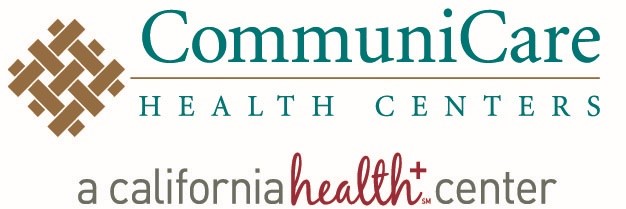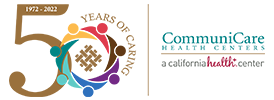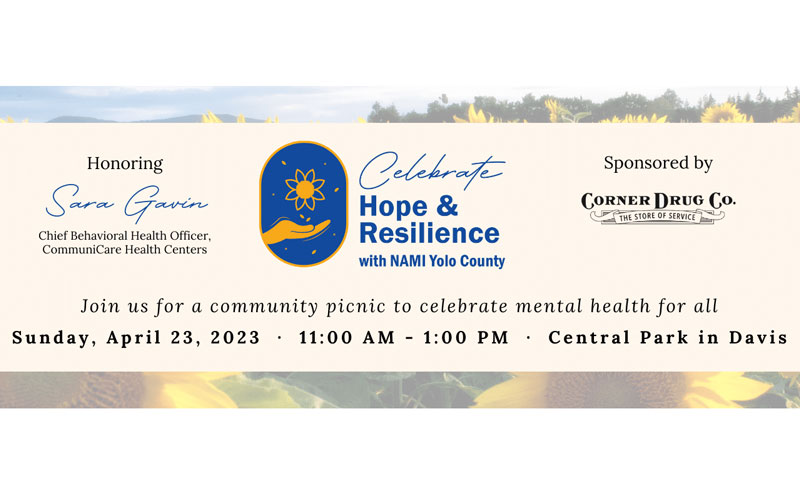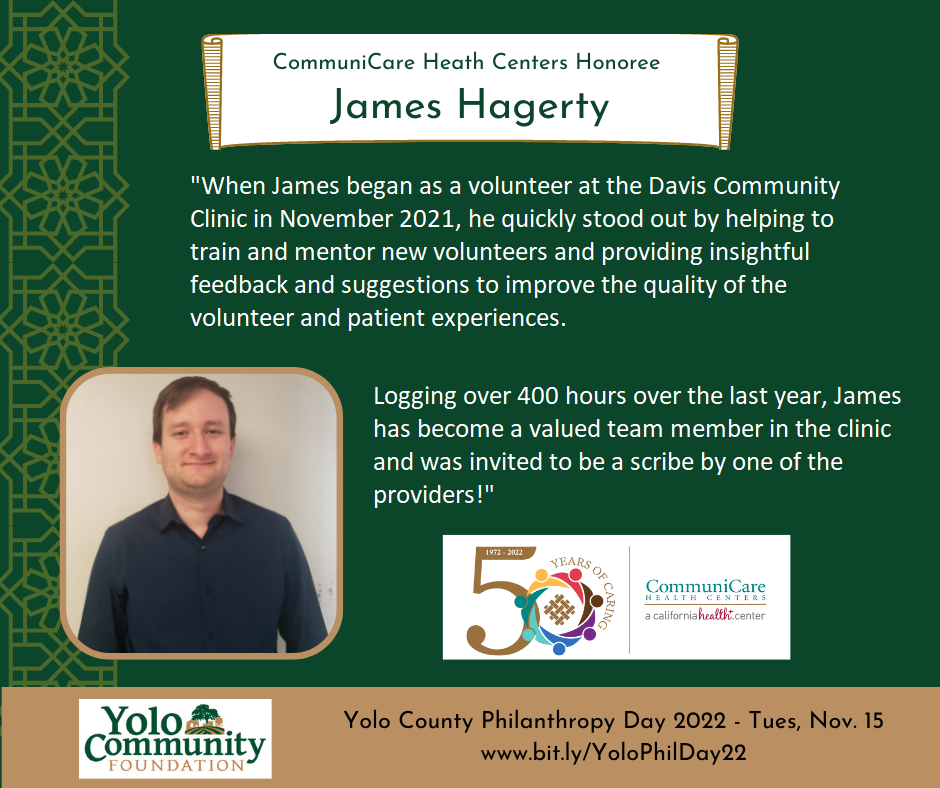
May is Mental Health Awareness Month. To help spread awareness around Mother’s Day, CommuniCare’s Director of Behavioral Health Sara Gavin provides insight for new mothers about the difference between natural feelings following your baby’s birth and symptoms that could indicate a more serious mental health concern. If you or your loved ones have questions, please reach out to a CommuniCare medical or behavioral health provider. In addition to counseling, CommuniCare offers a special program for mothers struggling with substance use. Help is available![/vc_column_text][/vc_column][/vc_row][vc_row][vc_column][vc_column_text]
Baby Blues
These are common mood, anxiety, and depressive symptoms reported during pregnancy or postpartum period largely due to your body’s hormonal shifts after delivery. Symptoms often come on quickly after delivery (1-3 days) and resolve within a few weeks (1-3 weeks).
However, there are important differences between the “Baby Blues” and an actual mood, anxiety, and depressive disorder which can be treated with help (list is not intended to diagnose). Common mood, anxiety, and depressive symptoms reported during pregnancy or postpartum period (up to one year post delivery) or after a miscarriage/pregnancy loss that can indicate a more serious health concern include:
- Persistent anxiety and sadness
- Scary, distressing and worrisome thoughts that are hard to control
- Trouble bonding with your baby or feeling disconnected
- Not “feeling like yourself”
- Hearing or seeing things others can’t hear or see
- Substance use or increase in substance use
- Feelings of shame, regret, and guilt
- An intense feeling of overwhelm and confusion
- Racing thoughts, hyperactivity, and rapid speech
- Excessive crying
- Difficulty sleeping or eating
- Loss of interest in doing things
- Increase in irritability and agitation
- Thoughts of harming yourself or someone else
Mothers experiencing any of these symptoms are not to blame – recovery is possible and help is available! CommuniCare offers a variety of supportive counseling services for mothers and family members struggling with the challenges of other pregnancy/ non-pregnancy related mental health symptoms and Substance Use Disorders. Please contact your primary care or behavioral health provider if you are interested in accessing services.
We offer treatment for everyone, regardless of income or insurance status. If you or a loved one experiences the mental health-related symptoms, please find your nearest CommuniCare location for an appointment or contact us at (530) 753-3498 for an appointment with a specialist who can provide help and treatment right away.
Helpful ways to take care of yourself during pregnancy and the postpartum period:
- Ask for help
- Get adequate nutrition
- Attend medical appointments
- Rest when you can
- Keep in contact with friends, family, or other supports
- Set realistic expectations for yourself and others
- Attend family, social, religious, or community events as you are able
- Take medications as prescribed
- Talk with a trusted friend or counselor
- If you feel that you may harm yourself or someone else, please call 911 or go to the emergency room
Read more about our mental health services now![/vc_column_text][/vc_column][/vc_row][vc_row][vc_column][vc_column_text]

[/vc_column_text][/vc_column][/vc_row]




